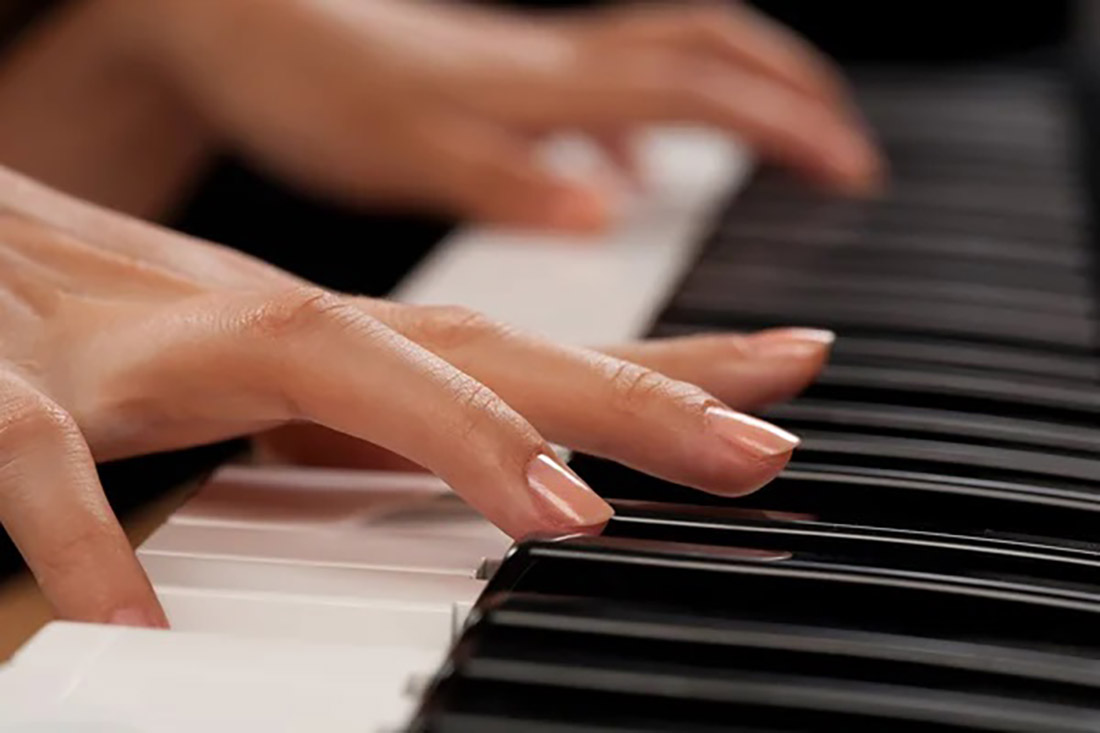By: Verónica Fernández
Puerto Príncipe, now Camagüey, was a city that in the field of music was represented by women in the role of singer or pianist. Among the singers, Amalia Simoni stood out, who also demonstrated her skills as a piano pedagogue when in exile she found herself in need of providing for her family.
Other outstanding pianists were María de las Mercedes Adams, Carmen Agramonte Piña, Dolores Comellas, Inés Vasseur and María Victoria Pichardo Pichardo, to whom I would like to dedicate a few lines in honor of the 169th anniversary of her birth.
Actually, there is little biographical knowledge of this woman, although some data has been collected on her performance as a piano player that allows us to asses her imprint on the principeña musical life in the 19th century.
It is known, for example, that during her childhood she actively participated in the talks that took place in the house of Mr. Cubiñas, located in the surroundings of the Main Church. The colloquia were a kind of religious festival that took place between December 20th and January 6th. Children came to them to offer flowers and toys to the image located in the altarpiece. Poetry was recited and songs related to the adoration of the shepherds, the wise men and Christmas carols were sung.
Although in principle, María Victoria had a self-taught musical training, we must highlight the solid training that she later had on the piano. She was a disciple of Cecilia Aritzi and Ignacio Cervantes, two great Cuban pianists, educators and composers for this instrument. Of them, Cervantes is the best known nationally for his piano pieces for dance; a musician of principeño ancestry, although born in Havana by his paternal family.
María Victoria Pichardo only played the piano at parties and gatherings for family and friends that took place in Puerto Príncipe. Although she did not perform music for a large audience, she was considered a pianist of the highest order. In 1868 she appeared at various family gatherings organized by the Puerto Prìncipe Philharmonic Society, of which she was a member. She also toured Santiago de Cuba in which she performed works such as the overture to Gioachino Rossini’s opera Semíramis and Giacomo Meyerbeer’s Torchlight Dance No. 1, accompanied by an orchestra conducted by Rafael Salcedo.
At the age of 20, on February 21, 1873, she married Jorge Garrich y Alló, a native of Havana, in the Cathedral of our city; and she went to live in the capital to do housework. Her qualities as a pianist in family gatherings in her native Puerto Príncipe left a deep impression on poets such as José Ramón Betancourt, who dedicated these verses to her.
En el de Victoria Pichardo[1]
No esas notas, los rumores
De nuestros bosques cubanos
Han de infundir a tus manos
Del genio los resplandores:
Que no en vano, entre las flores
Quien riega el Tínima umbrío,
Hallaste vida, albedrío
Encanto é inspiración:
Refleja, pues, la expresión
De tu suelo, que es el mío.
Refleja aquel dulce trino
Que se escucha en la espesura,
El arroyo que murmura,
Las trovas del campesino.
Del campanario vecino
Remeda el triste lamento
El raudo silbar del viento
Entre cañas y palmeras,
E inspírale a tus cantares
De la patria el sentimiento.
Que el genio, al alzar su vuelo
Ama, como el ave al nido,
La tierra donde ha nacido,
La luz divina del cielo;
Rasga el misterioso velo
Que cubre la inmensidad
Halla el bien y la verdad,
Que al fin refleja en su lira;
Translated by: Aileen Álvarez García
[1] José Ramón Betancourt: Prosa de mis versos. Pp.149-150. Tomo II.






